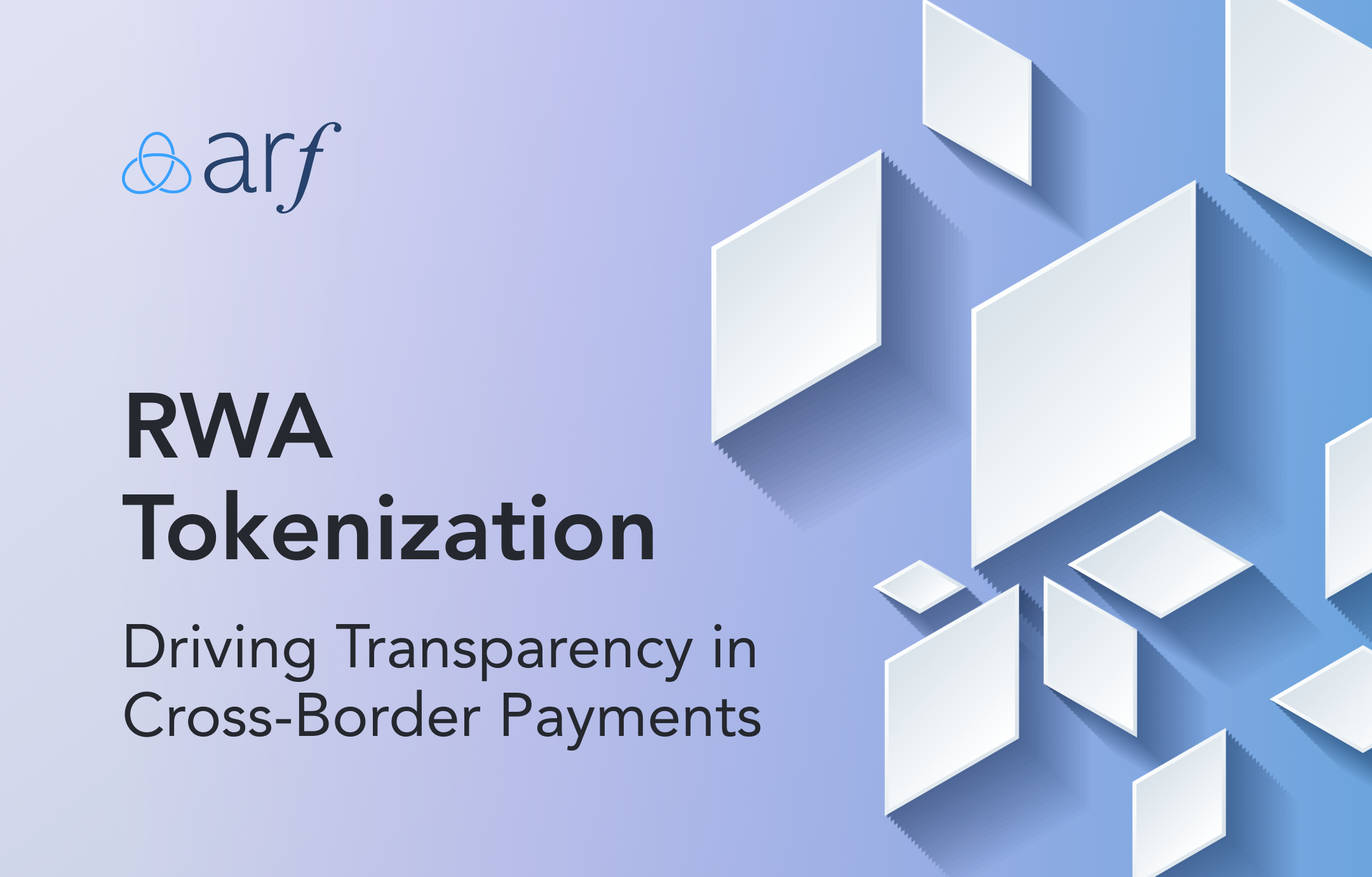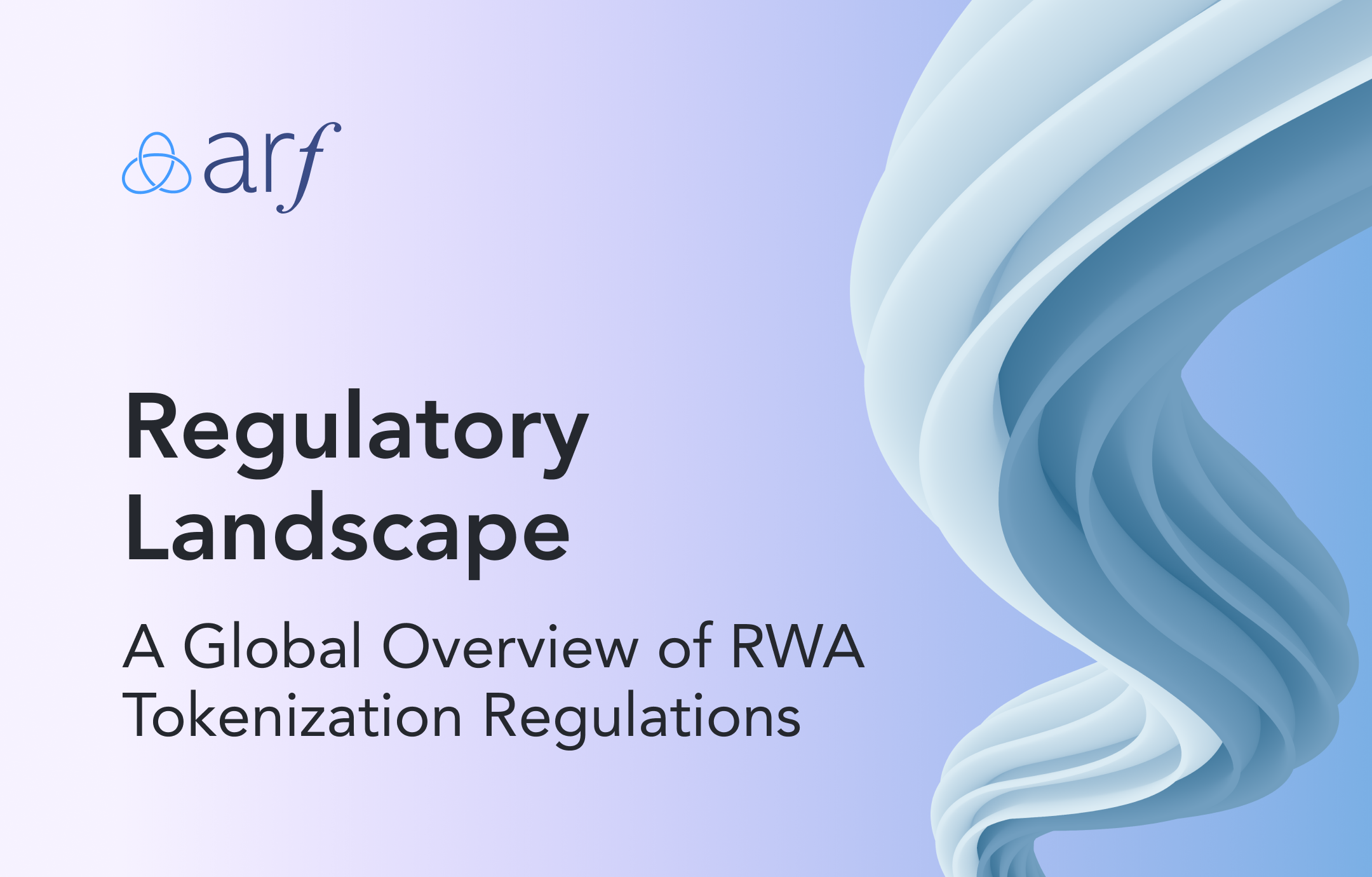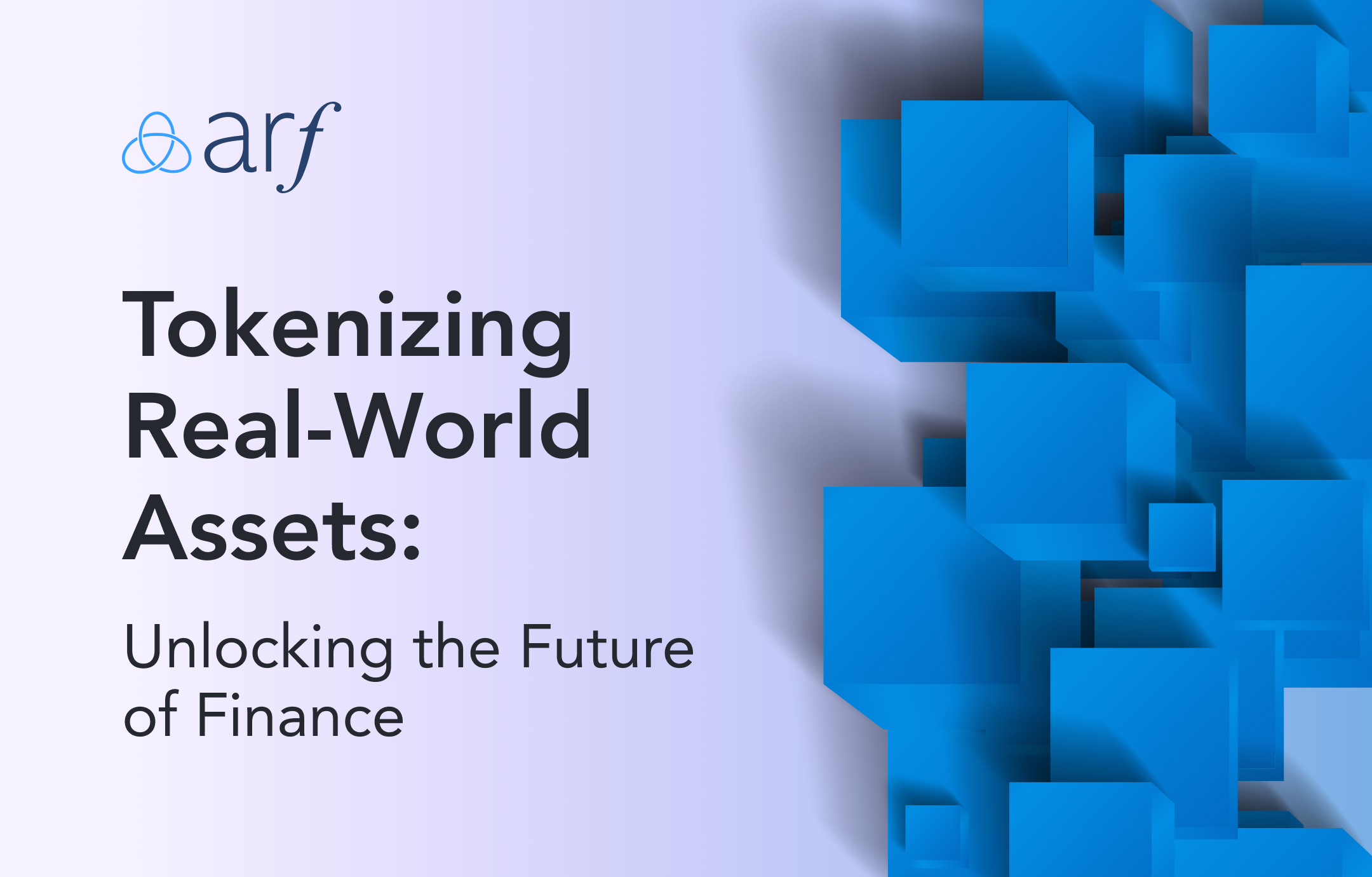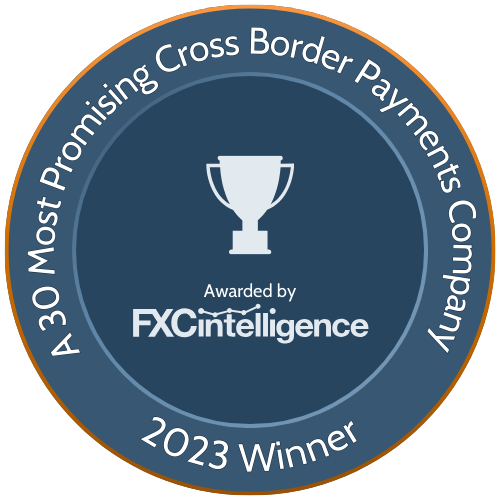Tokenization is the process of converting real-world assets (RWAs) into digital tokens that can be traded and transferred on a blockchain. Real-world assets, such as loans backed by collateral, can be represented as a digital token on the blockchain and recorded, transacted, or repaid with clear records and lower costs along the way. This capability is being used to offer a secure and transparent alternative to traditional cross-border payment methods.
The projected growth of the global tokenization market to $16 trillion by 20301, underscores the significant impact of this paradigm shift. Blockchain's central role in tokenization ensures transparency and security in cross-border transactions, with smart contracts adding efficiency by automating contractual agreements.
What are the benefits?
Tokenization, when applied to cross-border payments, introduces a new era of transparency that fundamentally reshapes international financial transactions. The benefits include, but are not limited to the following:
Immutable Transaction Records
Every transaction conducted through tokenization is securely recorded on a blockchain, creating an immutable and transparent ledger. This ensures that transaction history is permanent, auditable, and resistant to tampering.
Real-Time Transaction Visibility
The decentralized nature of blockchain enables real-time visibility into cross-border transactions. Participants can access a continuously updated ledger, promoting transparency and eliminating the delays associated with traditional financial systems.
Smart Contracts for Automated Compliance
Integral to tokenization, smart contracts embed predefined rules and compliance measures. This automated execution ensures that transactions adhere to regulatory requirements, providing a transparent framework for cross-border payments.
Public Ledger Accessibility
The public nature of blockchain allows authorized parties to access transaction details transparently. This accessibility contributes to accountability and ensures that stakeholders can independently verify the legitimacy of transactions.
Auditable Compliance Trails
Regulatory compliance is streamlined through tokenization as compliance measures are embedded within smart contracts. This not only automates adherence to regulations but also creates auditable compliance trails, providing transparency in regulatory processes.
As RWA tokenization gains momentum, it stands to redefine international financial transactions for the globalized economy. Facilitated by blockchain and standardized token protocols, tokenized cross-border payments promise revolutionary improvements in transparency and financial inclusion.
Arf provides RWA-based liquidity to cross-border payment companies, allowing them to build a fully traceable borrowing record. Every transaction on the Arf Credit Line is transparent, traceable, and visible on our live dashboard with the power of blockchain. Contact our team for more information.
1Relevance of on-chain asset tokenization in ‘crypto winter’ (BCG, 2022)
